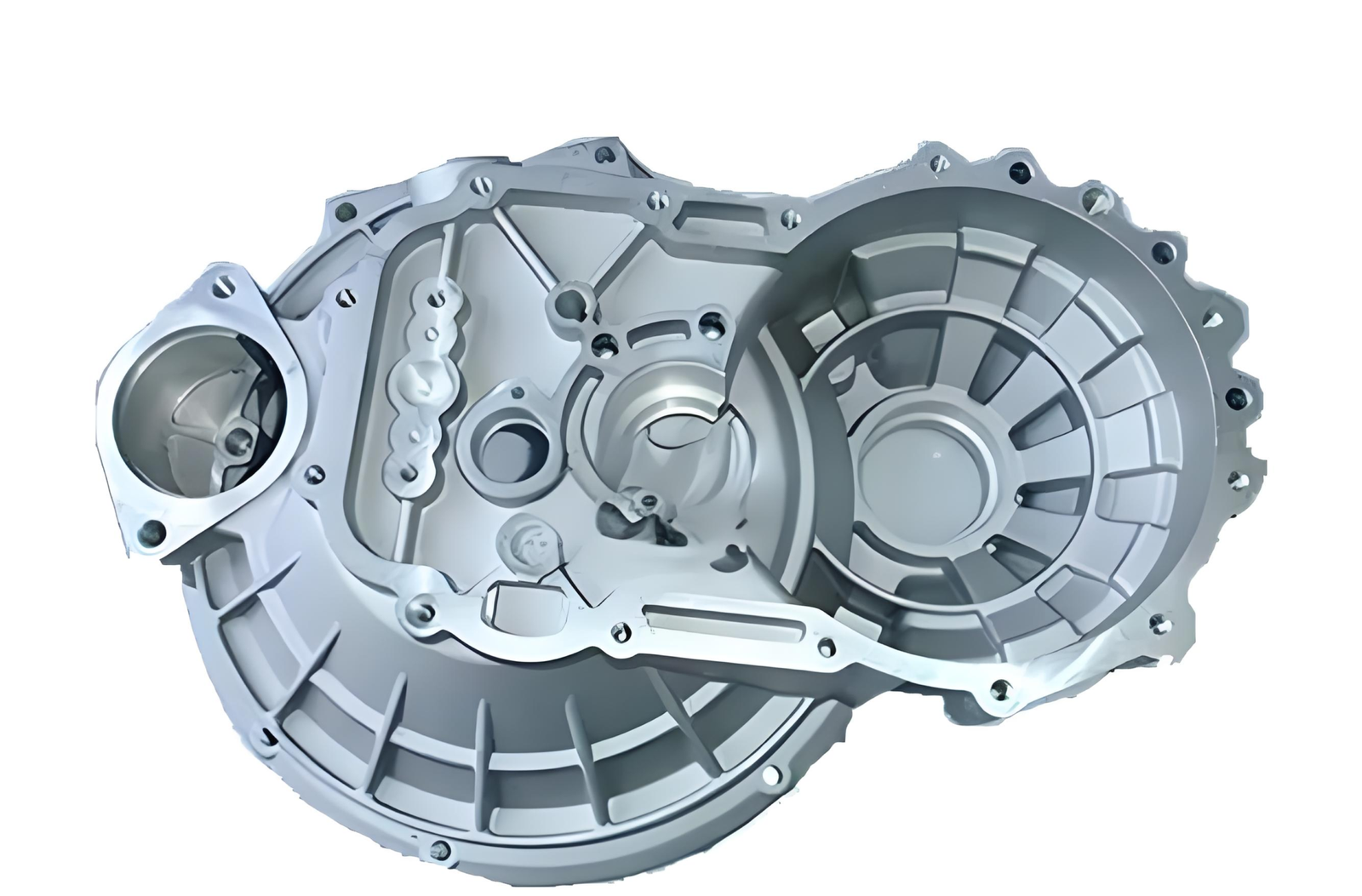
In the fast-evolving automotive industry, the demand for precision and innovation in prototype automotive components machining is higher than ever. Companies such as Jupaicnc play a pivotal role in meeting this demand by offering highly specialized machining services to meet the complex needs of prototype development. The process of machining automotive components, particularly during the prototyping phase, presents various challenges. These challenges range from material complexity and precision requirements to tight timelines and cost constraints. Overcoming these obstacles requires not only cutting-edge technology but also deep expertise in the field. At Jupaicnc, every project is approached with the utmost attention to detail, ensuring that prototype components are produced to the highest standards. Through advanced CNC machining techniques, Jupaicnc ensures that each component not only meets but exceeds the strictest industry specifications.
One of the most significant challenges in prototype automotive components machining is working with materials that may not have been widely tested in the production environment. Prototype components are often created from advanced alloys or composite materials that present unique machining difficulties. These materials often have different properties than the standard materials used in production parts, such as increased hardness, brittleness, or tendency to warp. Jupaicnc has built a strong reputation in handling such materials, employing sophisticated machining techniques and custom tooling to ensure that even the most challenging materials can be accurately shaped and finished. By using state-of-the-art equipment and keeping abreast of the latest developments in material science, Jupaicnc remains ahead of the curve, ensuring that prototype components meet both functional and aesthetic requirements.
Another key hurdle in prototype machining is achieving the level of precision required for automotive components. Automotive components must meet stringent tolerances to ensure they function properly in highly dynamic and stressful environments. The slightest deviation in a prototype component can lead to issues such as misalignment, poor performance, or even failure when integrated into a full vehicle system. Jupaicnc employs high-precision CNC machines that are capable of maintaining tight tolerances, allowing the company to produce prototype components that meet the most rigorous specifications. By combining precision machining with extensive testing and quality control, Jupaicnc ensures that each prototype component functions as intended in real-world applications.
Time constraints can also be a significant challenge in automotive prototype machining. In many cases, manufacturers need prototype parts quickly to assess designs or test components under real-world conditions. The ability to deliver high-quality components on time is critical in the automotive industry, where delays can disrupt the entire production schedule. Jupaicnc understands the importance of timely delivery and has optimized its processes to ensure that prototype components are produced within the necessary timeframes without compromising on quality. By leveraging advanced CNC machining technology and efficient workflows, Jupaicnc can reduce lead times and provide clients with fast turnarounds while maintaining the integrity of the final product.
Cost efficiency is another challenge in prototype automotive components machining. While prototyping often requires more precise work and specialized equipment, companies still need to keep costs within a reasonable range to remain competitive. For businesses like Jupaicnc, balancing the cost of production with the high standards expected by customers is a continual challenge. By utilizing advanced techniques such as multi-axis machining, Jupaicnc can optimize the machining process, reducing waste and improving material efficiency. In addition, the company invests in training and development for its team, ensuring that all employees are well-equipped to handle the demands of modern CNC machining, which further drives down costs while ensuring the highest quality of output.
One of the keys to overcoming these challenges is continuous innovation. The automotive industry is highly competitive, and to maintain a leadership position, companies like Jupaicnc must constantly adapt and innovate. This commitment to innovation is evident in the company’s investment in the latest CNC machining technologies and ongoing employee training. As automotive components become more complex, Jupaicnc continues to develop new approaches to machining, staying ahead of industry trends and ensuring that it can handle even the most challenging projects. With a strong focus on quality, efficiency, and precision, Jupaicnc has established itself as a trusted partner for automotive companies looking to bring their prototypes to life.
In conclusion, the complexities of prototype automotive components machining present many challenges, but they are challenges that Jupaicnc is well-equipped to overcome. Through its expertise, advanced technologies, and commitment to quality, Jupaicnc continues to play a crucial role in the automotive industry’s prototyping phase. As the demand for precision and innovation in the automotive sector grows, Jupaicnc is poised to meet these challenges head-on, ensuring that prototype automotive components are machined to the highest standards.
